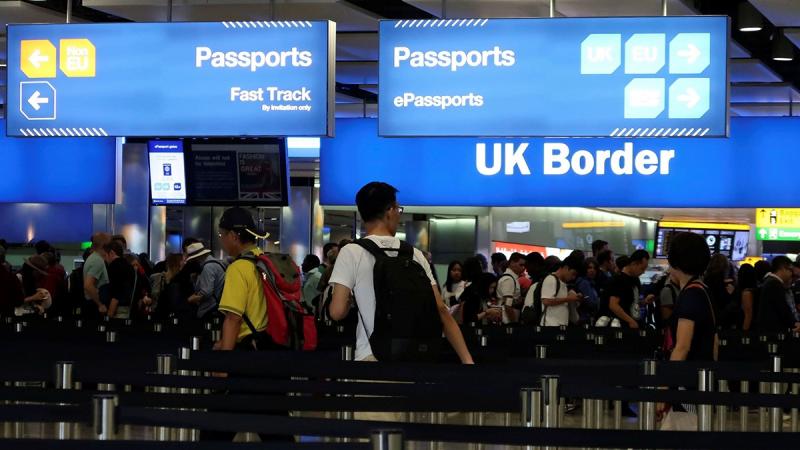 British lawmakers have demanded an independent inquiry into the “forgotten scandal” of thousands of international students, including many Bangladeshis, being accused of cheating by the UK government in an English language examination.
British lawmakers have demanded an independent inquiry into the “forgotten scandal” of thousands of international students, including many Bangladeshis, being accused of cheating by the UK government in an English language examination.
In a parliamentary debate at Westminster Hall on Tuesday, MPs raised the case of Bangladeshi national Ahsan, as a case study and called on the UK Home Office to allow students like him who claim to be wrongly accused to re-sit the exam to prove their innocence after a media sting operation exposed cases of fraud in government-mandated English tests in 2014.
“In the case of Ahsan, which was decided at the end of 2017, the judges ruled that students who had lived and studied in the UK for a number of years should not be summarily removed from the UK with only an out-of-country appeal,” said Labour MP Afzal Khan.
“His case has been adjourned until December, leaving him with months of uncertainty before he can clear his name. He described his situation as follows: ‘My future is being destroyed here, not only financially but morally’,” Khan added.
His Labour party colleague Wes Streeting, who had called the parliamentary debate, categorised the issue as worse than the UK’s recent Windrush scandal involving largely Caribbean-origin migrants being wrongfully deported from the UK.
Streeting said: “I am not the first to compare the dreadful mishandling of the TOEIC (Test of English for International Communication) cases to the scandalous mistreatment of the Windrush generation.
“Our constituents undertook tests run by the Educational Testing Service (ETS), a body approved and licensed by the Home Office. They should not be punished for doing something like that. It is shameful and unacceptable that this is going on.”
Scottish National Party (SNP) MP Martyn Day added: “Most of the students affected are from Bangladesh, India and Pakistan, and I wonder what the lasting reputational damage to the UK will be.”
The issue dates back to 2014 when BBC aired an investigation into colleges offering TOEIC exams and revealed some cases of cheating. The UK Home Office responded by launching its own investigation and concluded that 33,725 of the test results were invalid and 22,694 questionable. Those with questionable results were given the chance to re-sit a test or attend an interview before action was taken against them but the others were made to abandon their courses and, in many cases, forced to return to their countries of origin.
UK-based charity Migrant Voice recently released a report entitled ‘I want my future back’ based on the experiences of people affected by the investigation, having arrived in the UK between 2004 and 2011. According to its estimates, nearly 56,000 students have been caught up in the scandal and had also called on the Home Office to allow these students to re-sit exams to be able to clear their name.
Britain's Immigration Minister Caroline Nokes admitted that “innocent applicants may well have been caught up in widespread fraud” but dismissed the idea of an independent inquiry.
“It is important that we recognise that there was significant, widespread and indeed very lucrative fraud taking place in these cases. Our enforcement investigations uncovered evidence of impersonation and of proxy test-takers,” she said.
“We know that the number of overseas students applying for Tier 4 (student) visas is up and there has been an increase in the number of visas granted, including 9 per cent more from Chinese nationals and 32 per cent more from Indian nationals. The UK remains an attractive place for foreign students to come to,” the minister added.
Streeting described the government response to the parliamentary debate this week as “deeply disappointing” and called for a “detailed meeting” to find a resolution.


